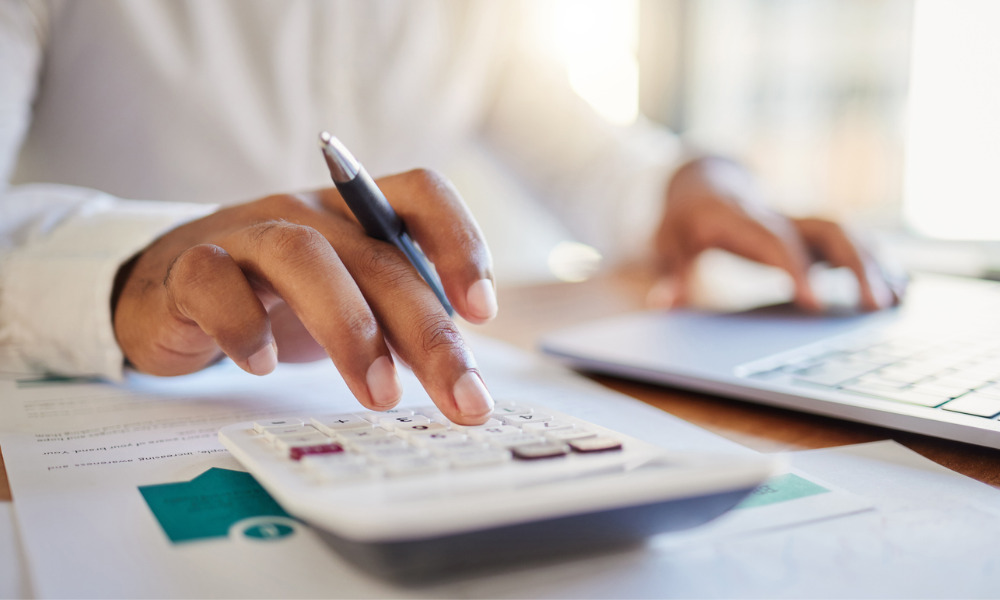With a high debt burden, budgeting is essential says CPA Canada

Many Canadian families are struggling with high levels of debt, but some are also doing (or not doing) things that are only making their situation worse.
New research from CPA Canada reveals that 46% of respondents have non-mortgage debt and while this is not an issue for everyone, there are significant cohorts whose debts are challenging.
Almost 6 in 10 said that they have carried over a balance on a credit card in the past two years, which may be understandable given the rising cost of living, but 37% said that they have borrowed to cover day-to-day expenses.
The impact of debts is also highlighted in the report with 48% finding paying them off stressful and 33% are not confident that they understand how interest rate increases affect their debt.
A worrying finding in the survey is that many people believe they are better equipped to tackle their financial challenges than their behaviour suggests.
While 47% of poll participants gave themselves an A or B grade for their personal finance skills, this included 27% who say they are top graded but admit to buying things they cannot afford and 51% who are worried about money.
“Managing debt can be emotional and daunting. Progress lies within learning, practicing financial literacy skills and facing it head on in small steps,” says Doretta Thompson, CPA Canada's financial literacy leader.
Budgeting is key
The report also found that budgeting is lacking in many Canadian households.
Three in ten of the respondents who said they were at least somewhat confident in sticking to a budget, don’t follow one.
Cash flow is also a challenge. Asked if they could come up with $500 tomorrow without having to borrow or sell anything, 24% said they could not.
“Actions speak louder than words, especially when it comes to budgeting. It’s easy to say that budgeting is easy, however oftentimes practice and accountability are needed for effectiveness,” said Thompson. “It’s difficult to predict whether inflation will continue to rise, and it’s something we can’t control, but what we can control is our actions and the outcome of our personal finances.”



